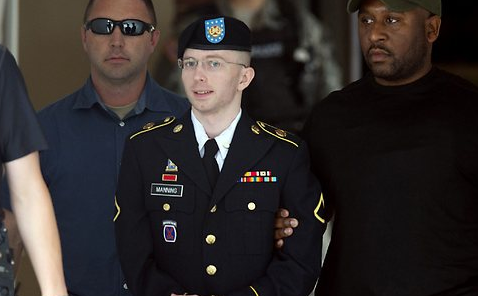Bradley Manning Found Guilty in WikiLeaks Case
30 Jul, 2013
In a split decision, U.S. Army Pfc. Bradley Manning was acquitted Tuesday of aiding the enemy – the most serious charge he faced – but was convicted of espionage, theft and nearly every other count for giving secrets to WikiLeaks, a verdict that could see him spend the rest of his life in prison.
The judge, Army Col. Denise Lind, deliberated over three days before delivering a decision that denied the government a precedent that freedom of press advocates had warned could have broad implications for leak cases and investigative journalism about national security issues.
From the courtroom to world capitals, people struggled to absorb the meaning of a ruling that cleared the soldier of a charge of aiding the enemy, which would have carried a potential life sentence, but convicted him of 20 of 22 counts that, together, could also mean life behind bars.
Manning faces up to 136 years in prison if given maximum penalties in a sentencing hearing that starts Wednesday. It is expected to last most of August.
The 25-year-old soldier stood quietly at attention in his dress uniform, flanked by his attorneys, as the verdict was delivered. He appeared not to react, though his attorney, David Coombs, smiled faintly when he heard “not guilty” on the aiding the enemy charge.
When the judge was done, Coombs put his hand on Manning’s back and whispered something to him, bringing a slight smile to the soldier’s face.
“We won the battle, now we need to go win the war,” Coombs said later, outside the courtroom. “Today is a good day, but Bradley is by no means out of the fire.”
Transparency advocates and legal experts had mixed opinions on the implications for the future of leak cases and investigative journalism in the Internet age.
But WikiLeaks founder Julian Assange, whose website exposed Manning’s spilled U.S. secrets to the world, saw nothing to cheer in the mixed verdict.
“It is a dangerous precedent and an example of national security extremism,” he told reporters at the Ecuadorean Embassy in London, which is sheltering him. “This has never been a fair trial.”
The defense portrayed the Crescent, Okla., native as a “young, naive but good-intentioned” figure. Manning said during a pretrial hearing he leaked the material to expose U.S military “bloodlust” and diplomatic deceitfulness, but did not believe his actions would harm the country.
Besides the aiding the enemy acquittal, Manning was found not guilty of one espionage count involving his acknowledged leak of a video from a 2009 airstrike in Afghanistan. The judge found that prosecutors had not proved Manning leaked the video in late 2009. Manning said he started the leaks in February the following year.
Manning pleaded guilty earlier this year to lesser offenses that could have brought him 20 years behind bars, yet the government continued to pursue all but one of the original, more serious charges.
AP
Mentioned In This Post:
About the author
Related Posts
-
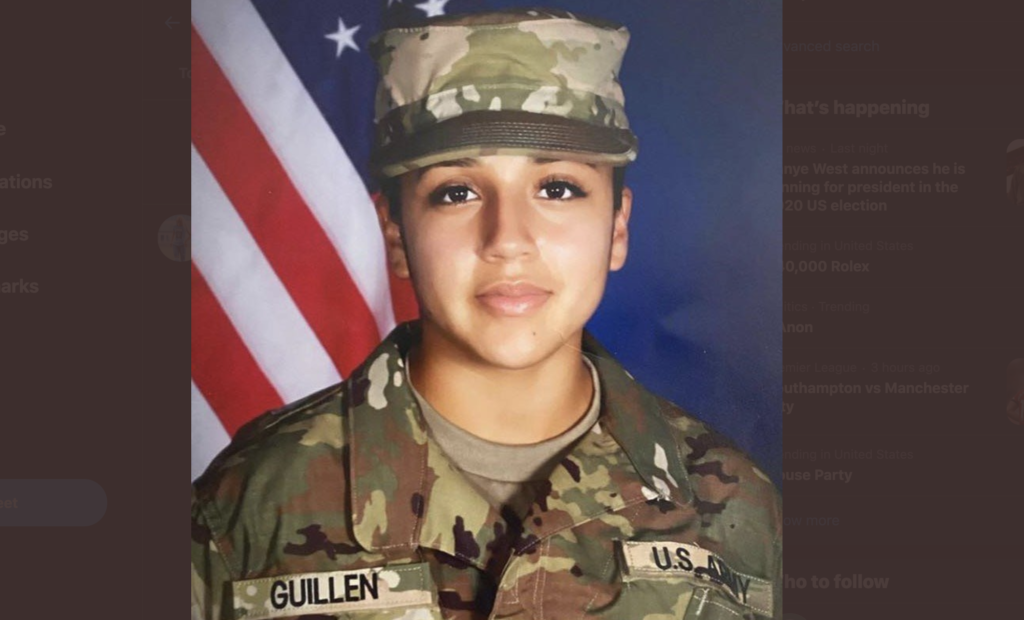
Sorry Vanessa, America Failed You!
-
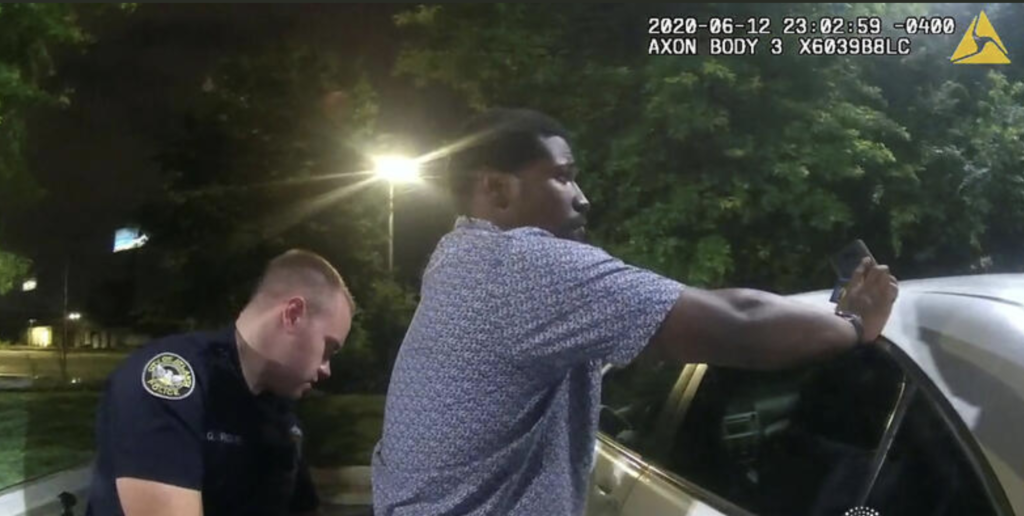
Does Resisting Arrest Equal Death?!
-
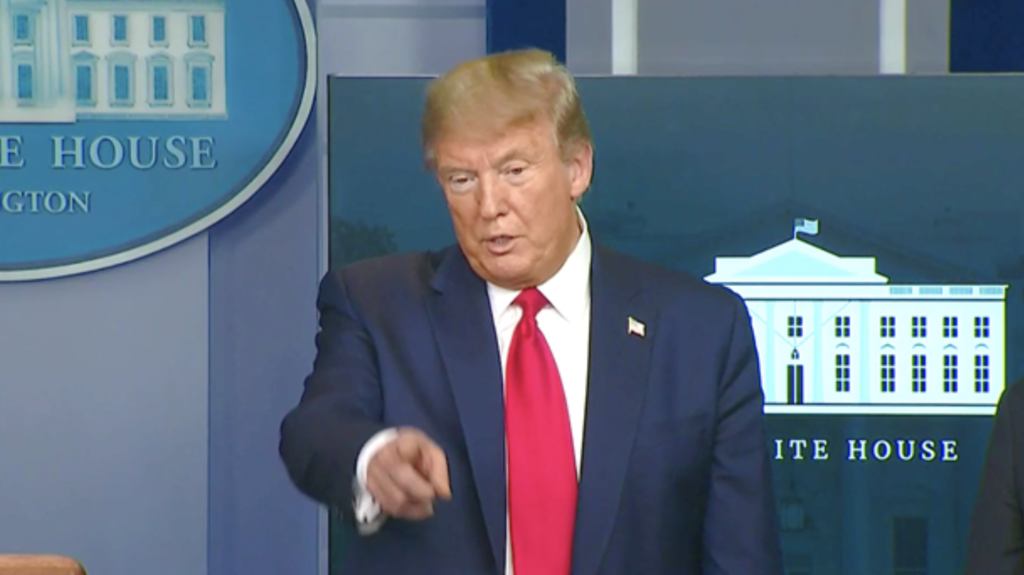
The President Did Not Have A Good Day Today
-
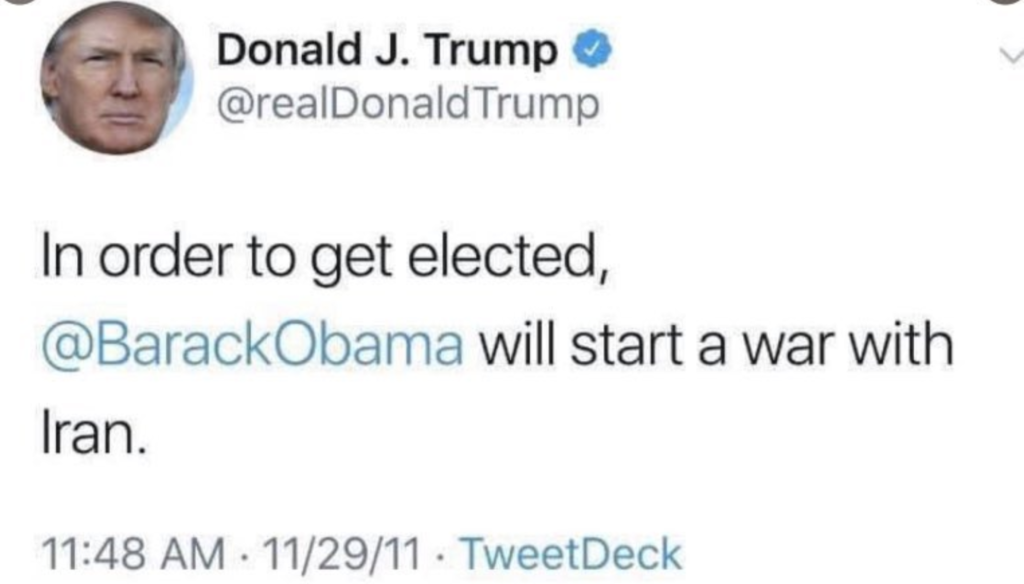
Get Ready For WWIII
-

The Impeachment is On!
-
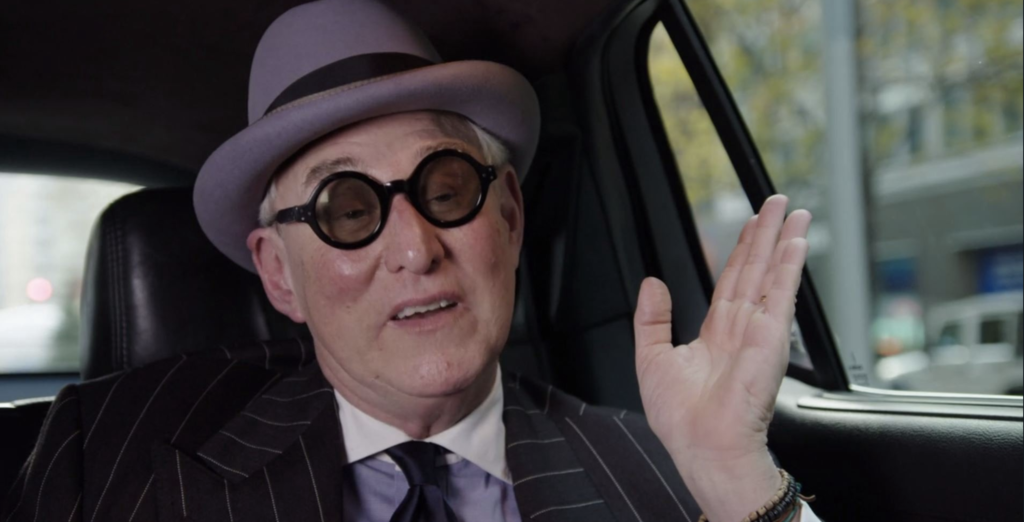
Another Trumper Is Found Guilty
-
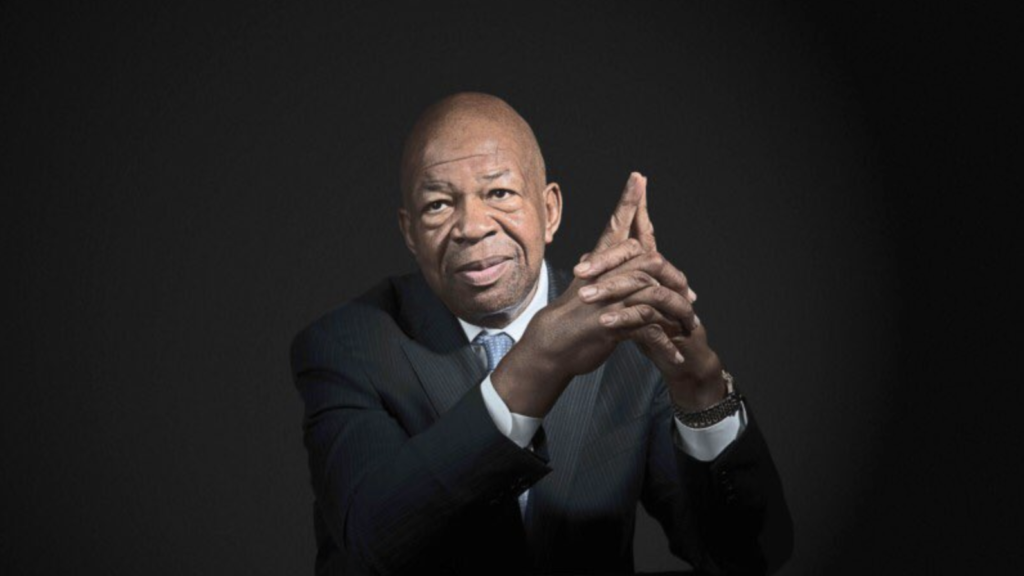
Congressman Elijah Cummings Has Died
-
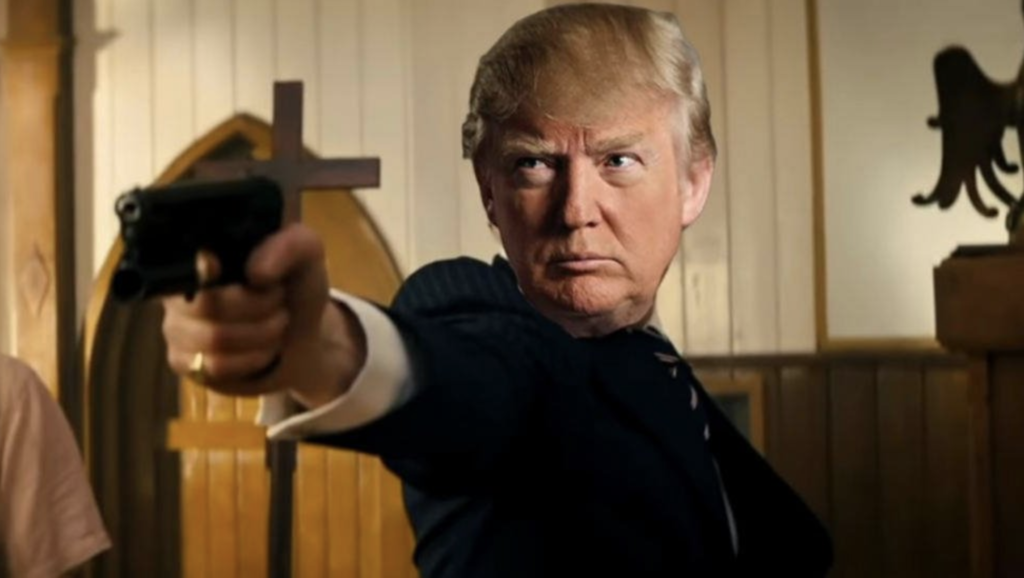
This is America!
-
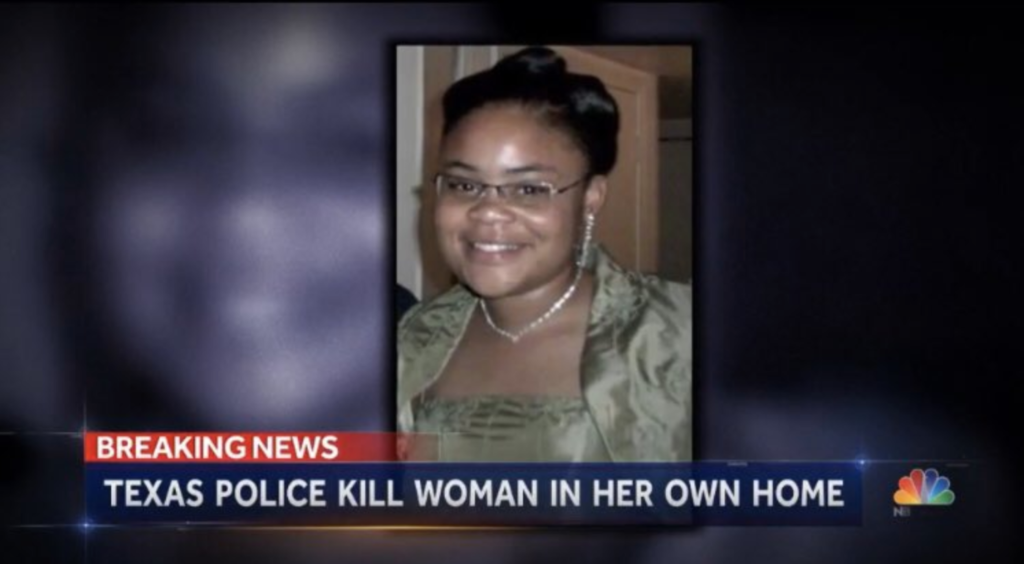
Murdered By Police, in Her Own Home
-
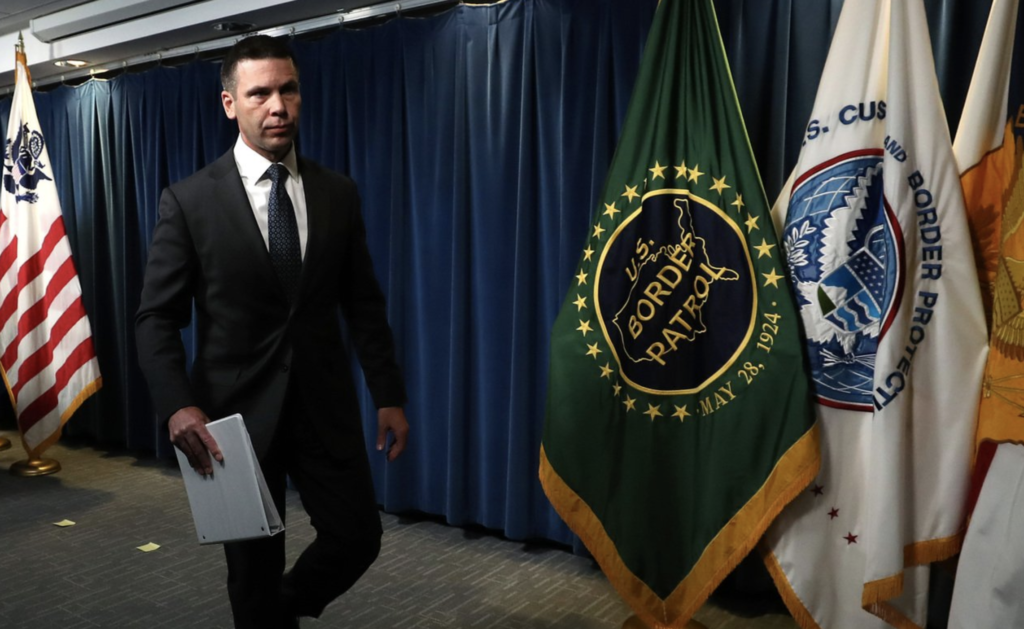
What A Surprise, Another Person Is Running From Trump

